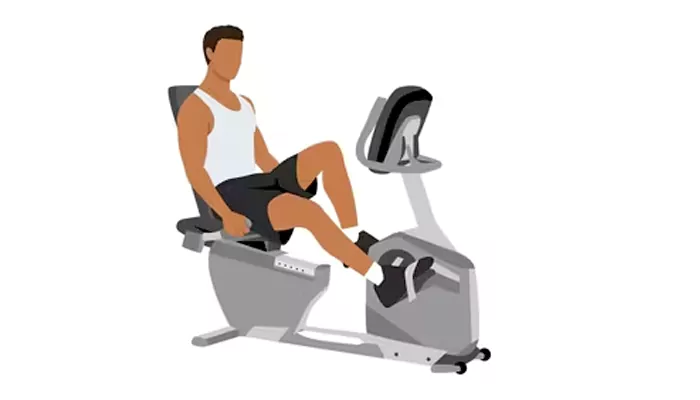National Doctors Day: Celebrating Medical Marvels - Discovering the Most Groundbreaking Innovations of the Past Years
- Admin
- 1 year ago
- 3 minutes read

National Doctor's Day falls on 1st of July. This day serves as a tribute to the doctors whose selfless service keeps us alive and running. In light of this event, let us remember the breakthrough innovations in the medical field by doctors and scientists.
In the ever-evolving field of medicine, each year brings new breakthroughs that redefine the boundaries of healthcare. From cutting-edge technologies to revolutionary treatments, here are some of the most remarkable medical marvels that have emerged over the past couple of years.
Gene Editing Breakthroughs
One of the most significant advancements in medical science this year has been in the field of gene editing. Researchers have made remarkable progress using CRISPR-Cas9 technology to treat genetic disorders. A notable breakthrough includes the first successful editing of the human genome to cure sickle cell disease and beta-thalassemia, offering hope to millions worldwide.
AI-Powered Diagnostics
Artificial Intelligence (AI) continues to transform diagnostics, improving accuracy and efficiency. AI algorithms now analyze medical images, such as MRIs and CT scans, with unprecedented precision. This has led to earlier detection of diseases like cancer, enabling timely intervention and improved patient outcomes.
Telemedicine Expansion
The COVID-19 pandemic accelerated the adoption of telemedicine, but its impact extends beyond convenience. Remote consultations have enabled healthcare access for underserved populations and reduced healthcare disparities. Moreover, telehealth platforms are integrating advanced monitoring tools, revolutionizing chronic disease management.
Vaccines Against Emerging Threats
The development of vaccines against emerging pathogens has been critical. In the past year, researchers swiftly developed effective vaccines against new variants of COVID-19. This rapid response has set a precedent for combating future pandemics and underscores the importance of global collaboration in vaccine development.
Organ Regeneration
Advancements in regenerative medicine have brought us closer to the ability to regenerate damaged tissues and organs. Scientists have successfully grown functional organs, such as kidneys and hearts, in the lab using stem cells and 3D bioprinting technology. These breakthroughs offer hope to patients on organ transplant waiting lists.
Neuroprosthetics and Brain-Computer Interfaces
In the realm of neurology, brain-computer interfaces (BCIs) are revolutionizing treatment for patients with neurological disorders. BCIs enable paralyzed individuals to control prosthetic limbs or communicate using their thoughts. Recent developments in neuroprosthetics have enhanced the quality of life for many individuals with severe disabilities.
Robotic Surgery Innovations
Robotic-assisted surgery has evolved rapidly, enabling surgeons to perform complex procedures with greater precision and minimal invasiveness. The latest robotic systems offer enhanced dexterity and 3D visualization, reducing recovery times and surgical complications. This technology is expanding access to specialized surgical care globally.
Biomedical Wearables
Wearable health technologies are transforming healthcare by providing real-time monitoring of vital signs and early warning systems for health crises. Innovations include smartwatches capable of detecting irregular heart rhythms and wearable patches that monitor glucose levels in diabetic patients. These devices empower individuals to manage their health proactively.
Drug Innovations and Therapies
Recent advancements in pharmacology have led to the development of novel drugs and therapies for a range of diseases. Breakthroughs include targeted cancer therapies that attack specific cancer cells while sparing healthy tissue, as well as new treatments for autoimmune disorders and neurodegenerative diseases.












